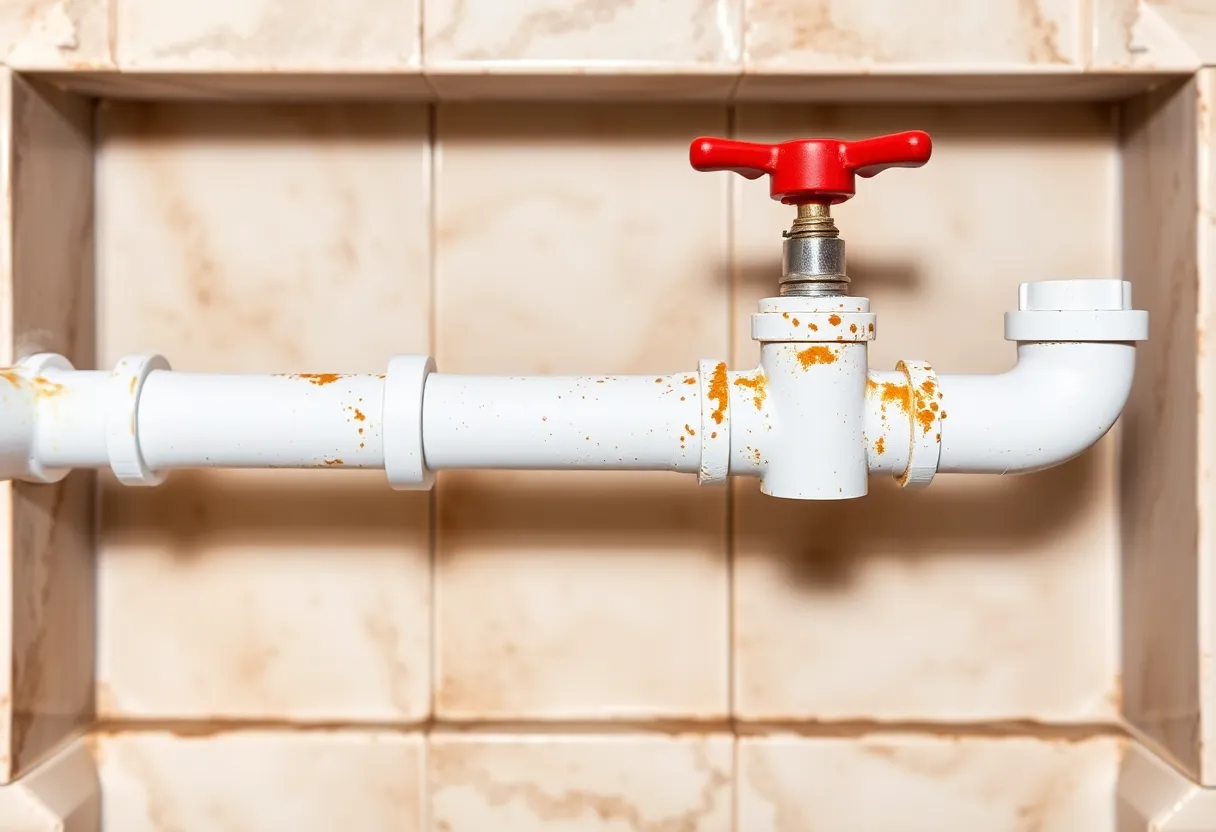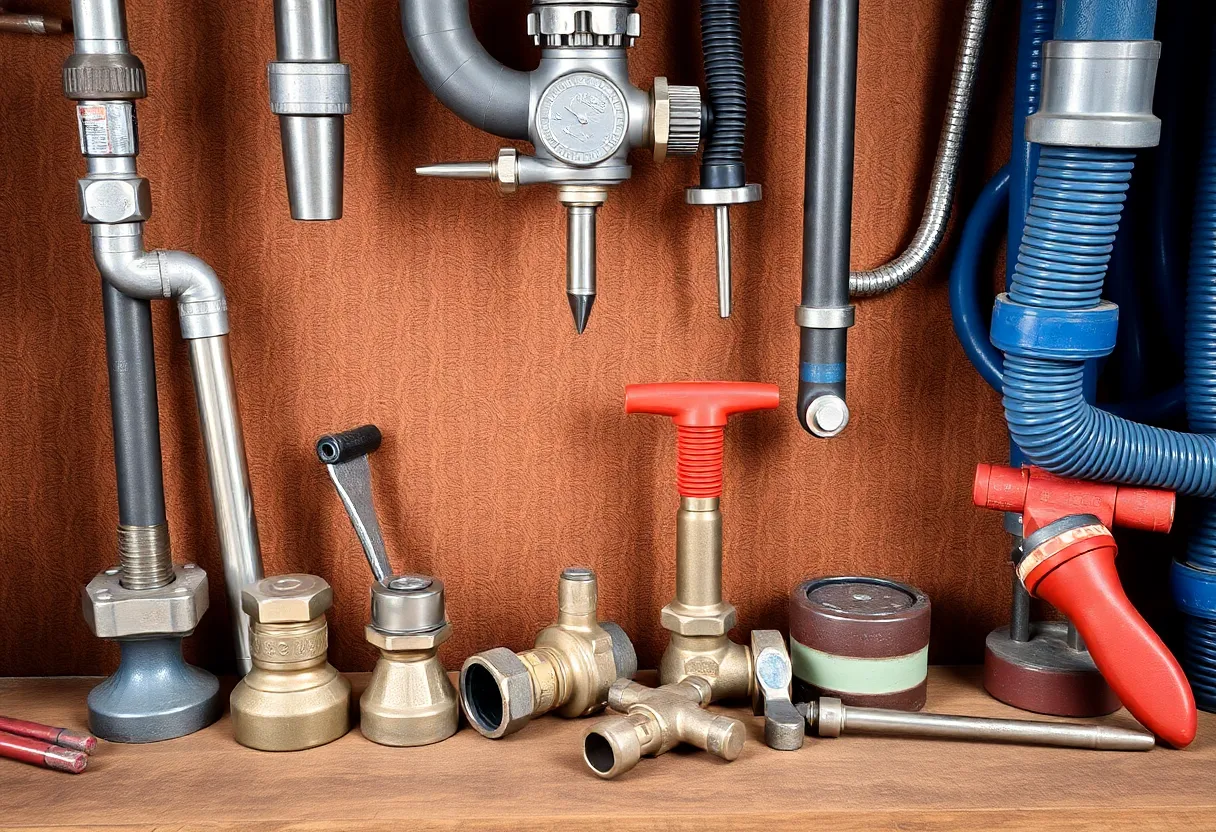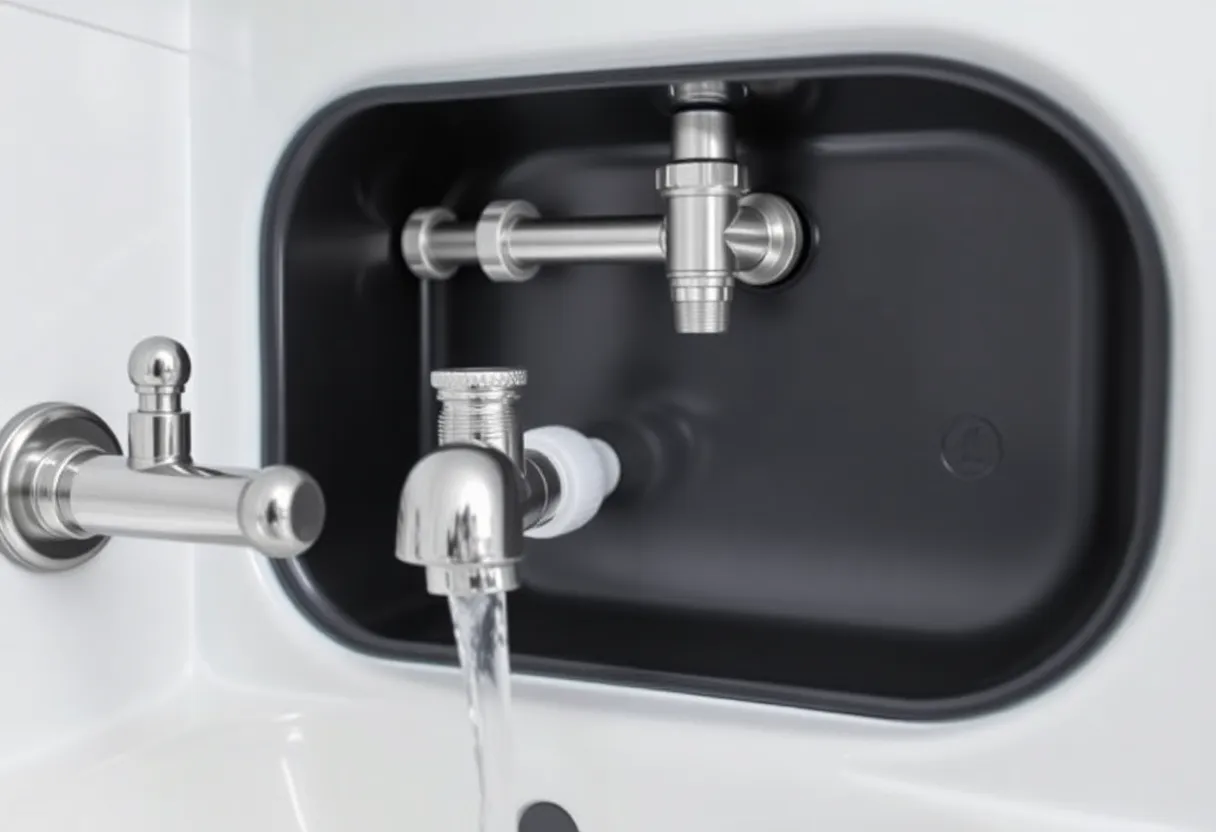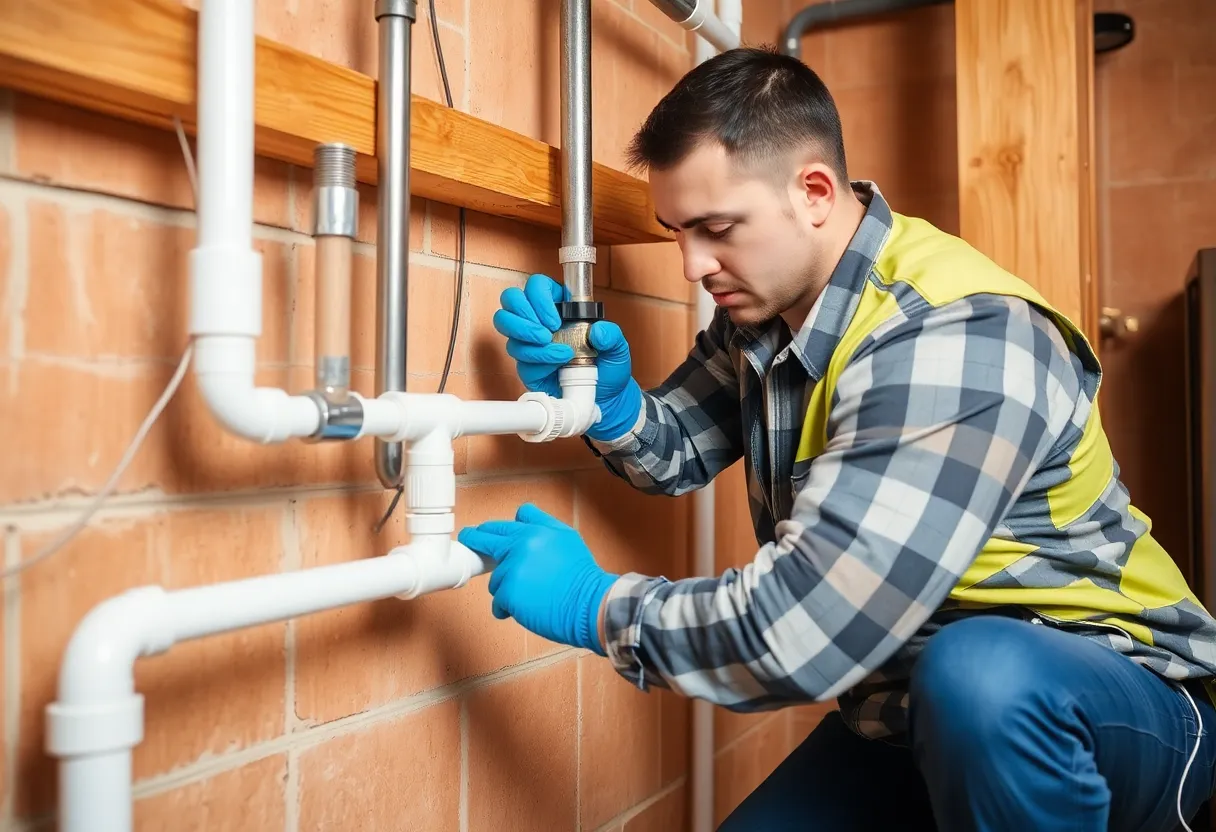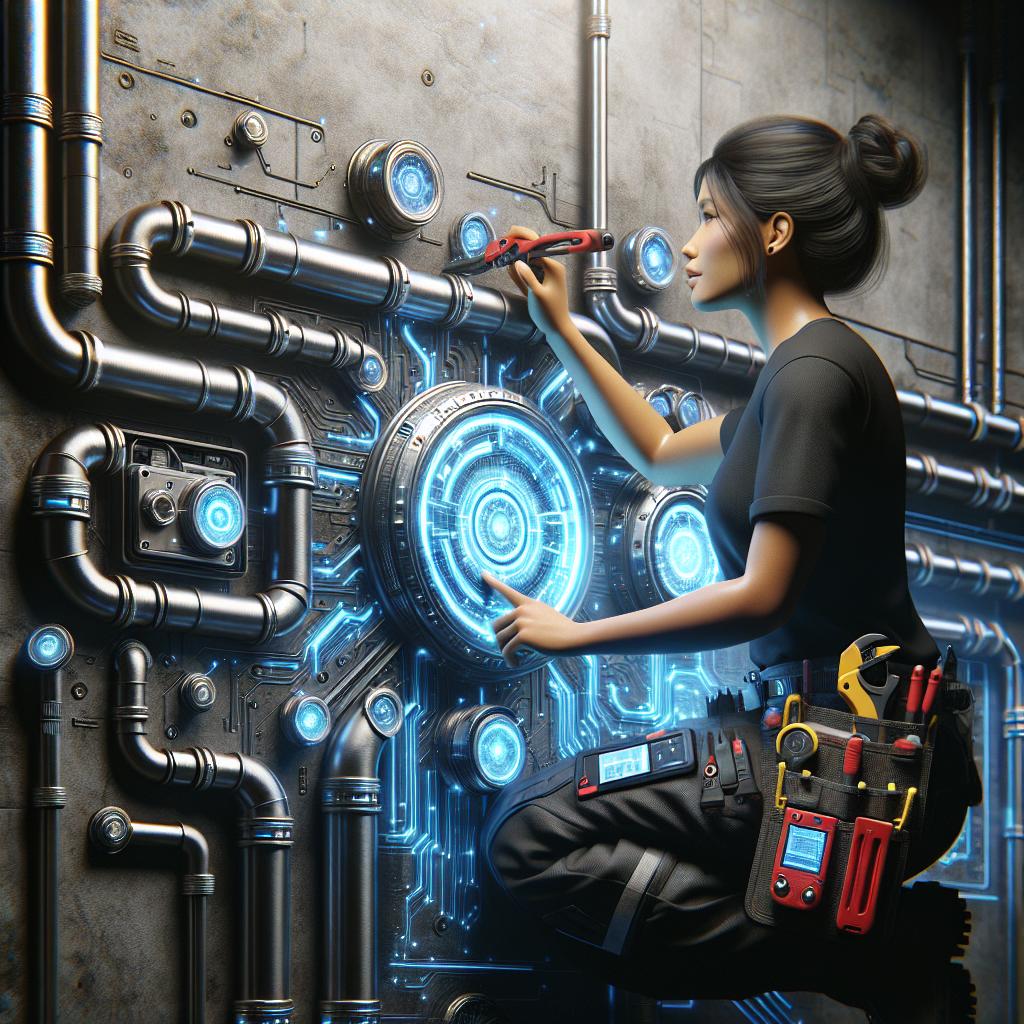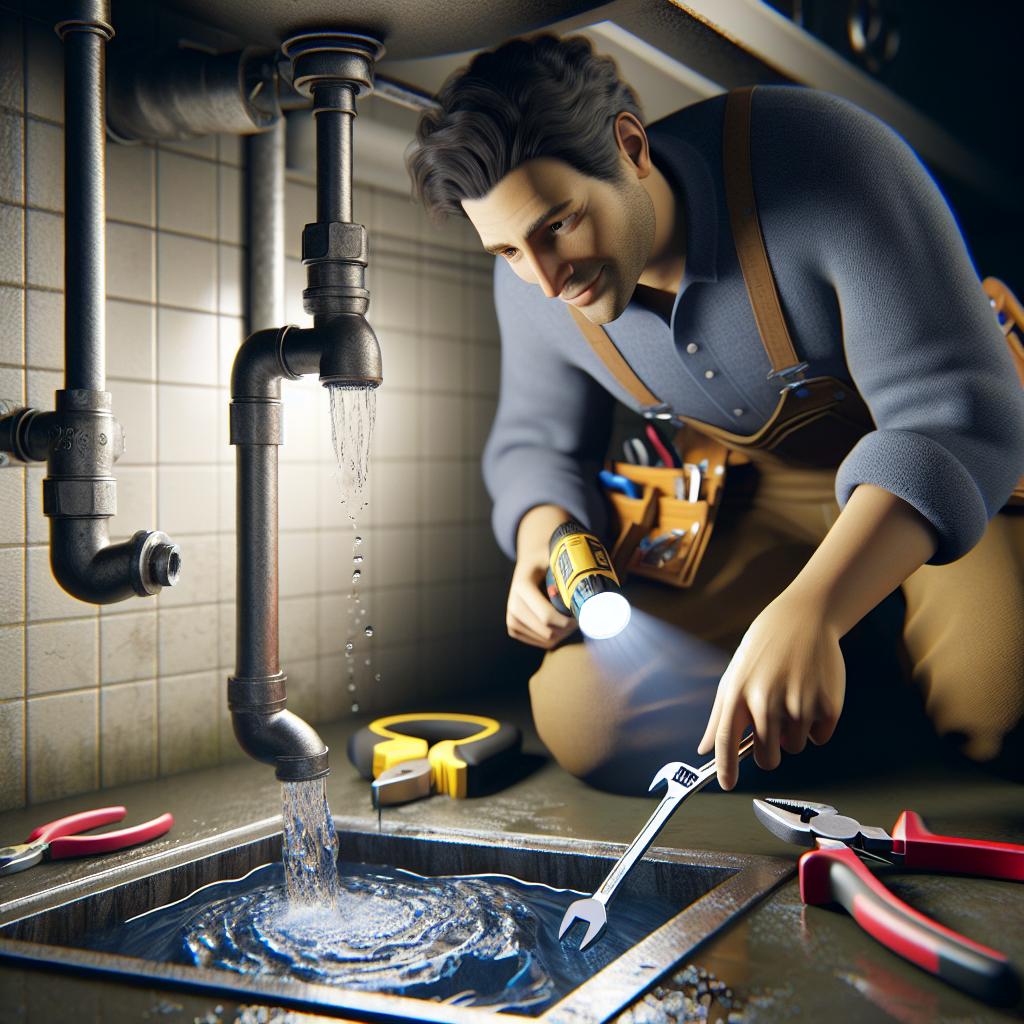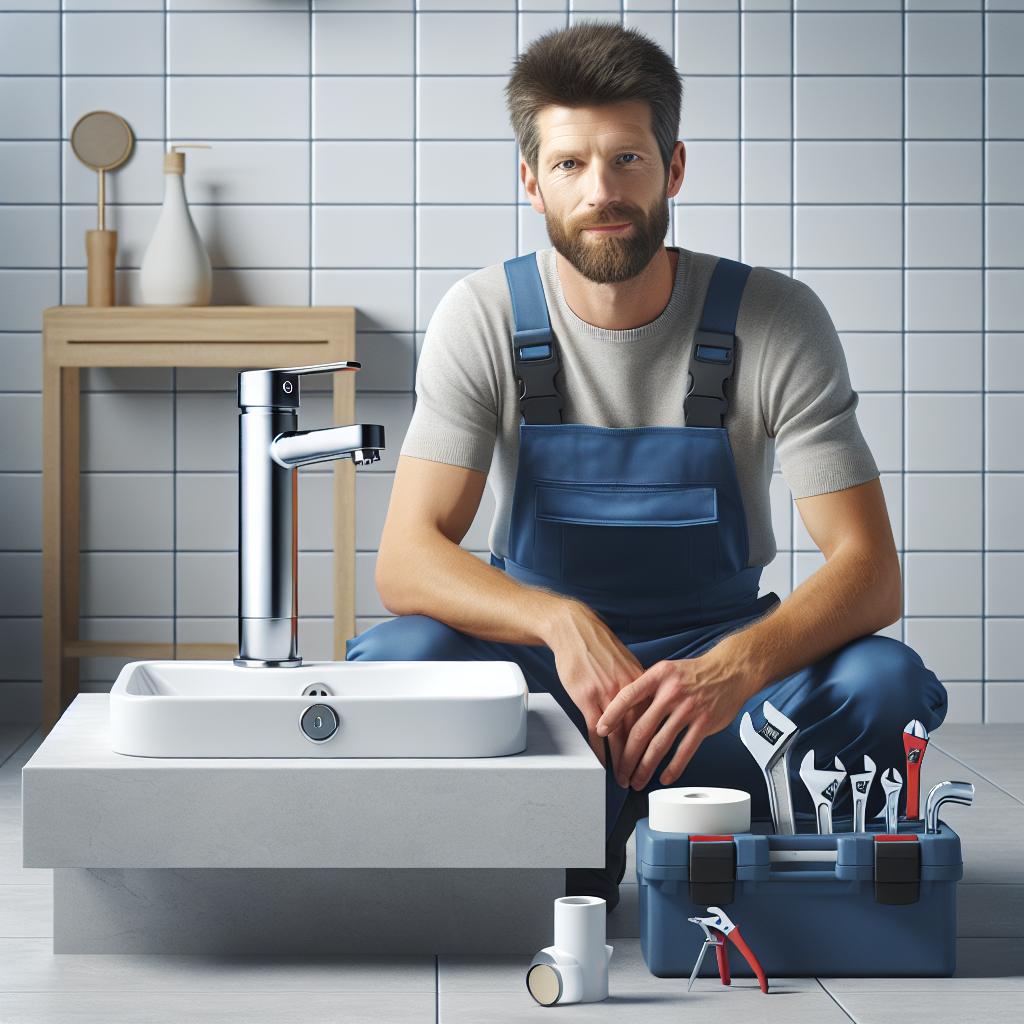The Hidden Dangers: 8 Plumbing Issues that Could Be Ruining Your Home’s Air Quality
When we think about air quality in our homes, we often focus on factors like ventilation, dust, and pollutants. However, many homeowners overlook the critical role that plumbing plays in maintaining a healthy living environment. Numerous plumbing issues can impact indoor air quality, leading to health problems and decreased comfort. This article will explore eight common plumbing problems that could be harming the air quality in your home and what you can do to address them effectively.
1. Leaky Pipes and Excess Moisture
One of the most common plumbing issues is leaky pipes. Over time, pipes can corrode, become damaged, or simply wear out, leading to leaks. These leaks often go unnoticed until they cause significant damage. The presence of excess moisture not only increases the chances of structural damage but also creates a perfect breeding ground for mold and mildew.
Mold Growth
When moisture accumulates due to leaks, it can lead to mold growth in hidden areas such as behind walls, under floors, or in attics. Mold spores can easily become airborne, compromising your indoor air quality. Exposure to mold can cause various health issues, including respiratory problems, allergies, and asthma symptoms, especially in sensitive individuals.
Solution: Regular Inspections
It’s essential to conduct regular inspections of your plumbing system. Look for signs of water damage, such as discoloration on walls or ceilings, musty odors, and peeling paint. If you notice any leaks or persistent dampness, contact a professional plumber to repair the damage and consider dehumidifiers to manage moisture levels in your home.
2. Clogged Drains
Clogs in shower drains, sinks, and toilets are not just inconvenient; they can also contribute to poor air quality. When drains become clogged, stagnant water may develop, leading to unpleasant odors and potential health hazards.
Harmful Gases
Clogged drains can cause sewage gases, such as methane and hydrogen sulfide, to back up into your home. These gases can be hazardous, causing headaches, dizziness, and even more severe health implications with prolonged exposure.
Solution: Maintain Clean Drains
To avoid clogged drains, be proactive about cleaning them regularly. Using natural enzymes or vinegar and baking soda can help break down buildup and prevent clogs. If you encounter persistent clogs, consult a plumber to address the issue safely and effectively.
3. Faulty Water Heaters
A malfunctioning water heater can not only be a nuisance but can also negatively affect indoor air quality. Gas water heaters, in particular, can pose serious risks if they leak or are poorly ventilated.
Carbon Monoxide Concerns
If a gas water heater is not adequately vented, it can lead to a dangerous buildup of carbon monoxide (CO). This odorless gas is highly toxic and can cause serious health complications, such as headaches, dizziness, confusion, and in severe cases, loss of consciousness or death.
Solution: Regular Maintenance
Schedule regular maintenance checks for your water heater to ensure it operates safely and efficiently. If you suspect issues with gas leaks or ventilation, contact a licensed plumber to inspect and rectify the situation swiftly.
4. Old or Damaged Fixtures
Not only do outdated plumbing fixtures look less appealing, but they can also harm air quality. Pipes made from outdated materials like lead can leach harmful substances into your drinking water, which may then evaporate into the air.
Lead Exposure
Lead exposure is particularly hazardous for children, potentially leading to developmental delays and cognitive impairment. Moreover, lead particles can become airborne and pose additional respiratory risks.
Solution: Upgrade Fixtures
Consider upgrading old plumbing systems and fixtures to modern, lead-free materials. A plumber can help evaluate your plumbing system and replace any outdated or damaged pipes and fixtures.
5. Faulty or Neglected Ventilation Systems
Ventilation systems play a crucial role in maintaining air quality in the home. When plumbing issues arise, they can affect ventilation efficiency, reducing the quality of the air you breathe.
Contaminated Airflow
Leaky ducts or poorly maintained ventilation can allow moisture, fumes, and pollutants to circulate throughout your home. This contamination can exacerbate allergies and respiratory conditions.
Solution: Regular Ventilation Maintenance
To keep your indoor air clean, ensure that your ventilation system is well-maintained. Have ducts cleaned regularly, check for leaks, and replace air filters as needed. This can significantly enhance the quality of air flowing through your home.
6. Sewage Backups
Sewage backups are not only a major inconvenience but also a severe public health concern. Raw sewage contains pathogens and toxins that can harm air quality and overall health.
Health Risks
Exposure to sewage can lead to serious health issues, including gastrointestinal illnesses, infections, and respiratory problems. Odors from sewage can also make the living environment unbearable.
Solution: Preventive Measures
To prevent sewage backups, avoid flushing non-biodegradable items down the toilet and regularly maintain your sewer lines. If you experience frequent backups, consult a plumbing professional to assess the issue.
7. Improperly Installed Appliances
Appliances like dishwashers, washing machines, and refrigerators often rely on plumbing connections. If improperly installed, they can lead to leaks, mold, and air quality issues.
Moisture and Contaminants
Improper drainage or installation of appliances can cause water to pool and mold to develop, directly impacting air quality. Furthermore, malfunctioning appliances can emit potentially harmful fumes if not vented properly.
Solution: Professional Installation
Always hire a professional plumber when installing new appliances to ensure proper connections and venting. This can minimize the risk of moisture accumulation and promote better air quality in your home.
8. Chemical Usage in Plumbing Repairs
Many homeowners resort to chemical drain cleaners or other harsh chemicals when dealing with plumbing problems. While these products can be effective, they often contain volatile organic compounds (VOCs) that can degrade indoor air quality.
VOCs and Health Implications
Exposure to VOCs can lead to headaches, dizziness, and long-term health issues, including damage to the liver and kidneys. Additionally, the fumes can linger in your environment long after the initial application.
Solution: Eco-Friendly Alternatives
Consider using eco-friendly alternatives to chemical cleaners, such as baking soda and vinegar, for minor clogs. For significant plumbing issues, consult a professional who can address the problem without compromising your home’s air quality.
Conclusion
Maintaining good air quality in your home goes far beyond basic cleaning and dusting. Plumbing issues can significantly impact the air you breathe, leading to various health risks. By understanding the hidden dangers associated with plumbing, you can take proactive measures to safeguard your home’s air quality. Regular inspections, proper maintenance, and professional assistance when needed are key steps in ensuring a healthy living environment. Stay informed and take action to protect both your plumbing system and the air quality in your home.




